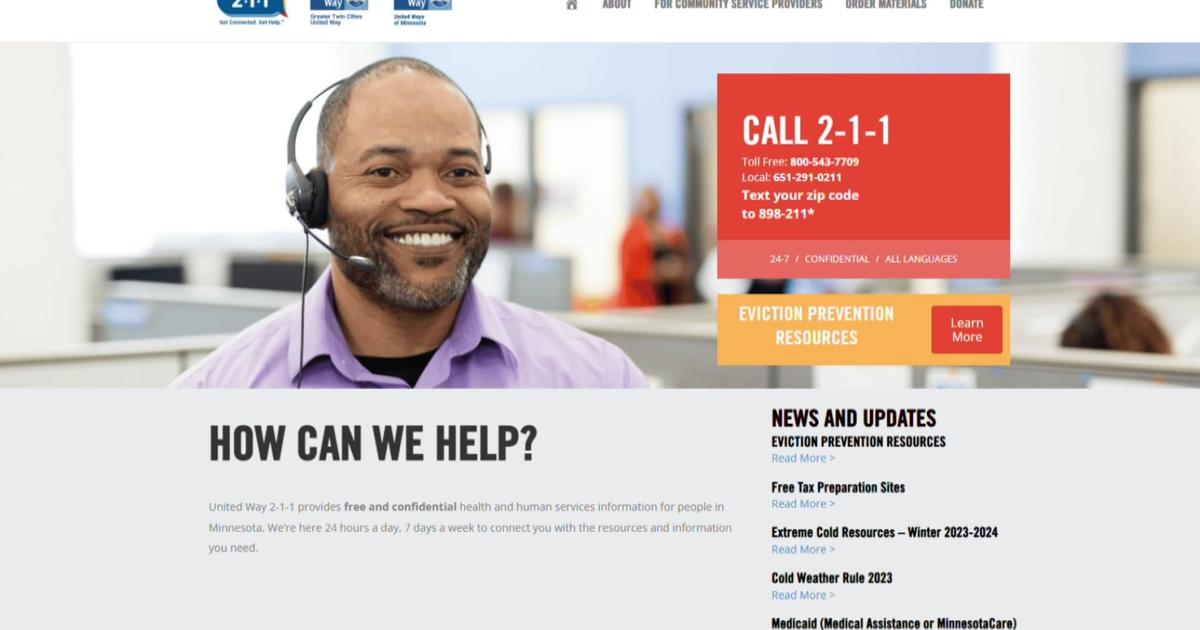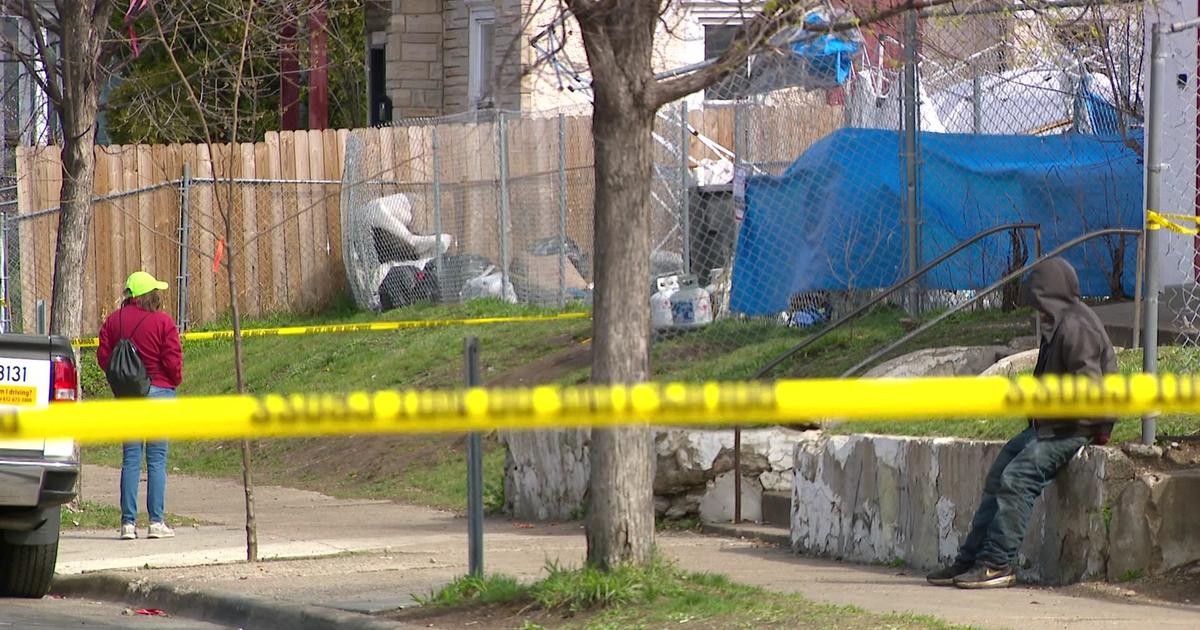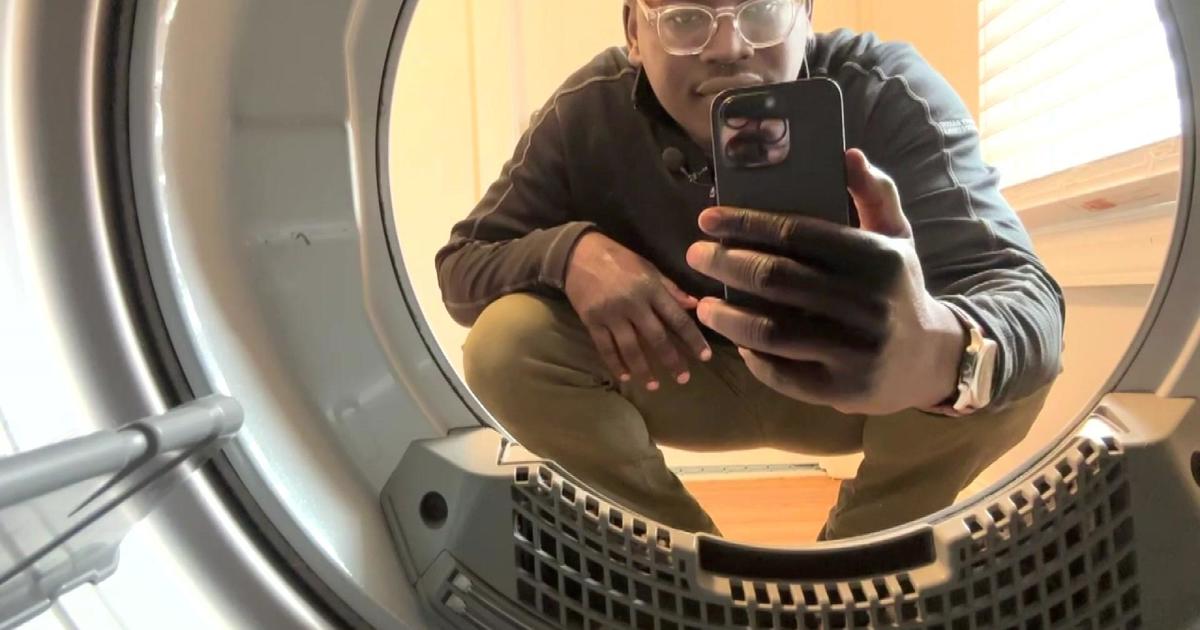Who Checks To Make Sure Grocery Store Scales Are Accurate?
MINNEAPOLIS (WCCO) -- The weekly grocery bill can take a big bite out of your family budget. From the produce aisle, to the meat department, what we buy gets priced by how much it weighs.
But how can shoppers tell if the scales are even accurate? An agency is on a mission to protect your pocketbook and shows what you can look for at the checkout lane.
Inspectors with Weights and Measures under the Department of Commerce work to make sure consumers only spend what they should.
"So our overarching goal is to make sure that the transactions that are done by weight or volume are equitable," director Greg VanderPlaats said. "There's no serious injury to either the buyer or the seller of the commodity."
That takes testing of every scale in the state. At grocery stores, cafeterias, coffee shops, meat markets, and convenience stores.
Inspector Brett Willhite runs his tests at stores across the state. He sets certified weights on each scale to make sure what's being weighed at checkout is accurate.
"If this were to say .99 or 1.01 that would be OK, because it's within the range allowed. But anything other than that would be a failure," Willhite said.
In the last two years, 8% of scales required attention. Inspectors adjusted most on site. In the end, only about 1% or roughly 90 scales had an issue that affected what shoppers paid.
Inspectors say they haven't found any egregious problems, but a scale that's off could cost customers a couple cents more or a couple cents less.
In those cases, a red sticker is put on the side of the machine and it must be repaired or recalibrated before being used again.
"It's really important work," VanderPlaats said. "There are no federal regulators doing this. It's really up to the states to regulate that."
Inspectors also check the net content on packaged products.
"I'm going to check to make sure that only 0.78 pounds of meat is actually in there. Just the meat, not the wrapping, not the tray, not the soaker pad on the inside," Willhite explained.
He weighs the packaging then subtracts that amount when weighing the product. Containers, bag holding produce or bowls from the hot bar are also subtracted. Inspectors make sure its set correctly.
"It's one thing our tax dollars go for that counts," shopper Dana Badgerow said.
At the checkout out consumers can check the side of the scale for a department of commerce sticker.
It ensures it's been checked and approved.
"I'm a broke college kid and every couple pennies add up and counts, so it's good to know," Camela Gray said.
Scales can be checked by the state every three years. If you think there's an issue with one, you can report it to the Department of Commerce and they'll investigate.
Click here for a link to the electronic complaint form.



